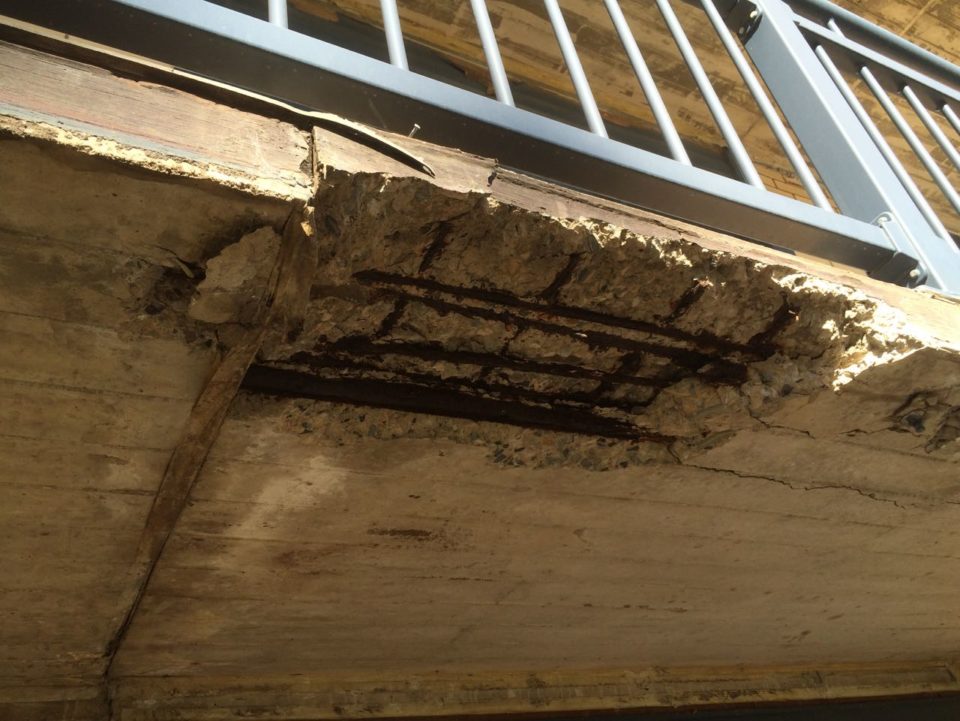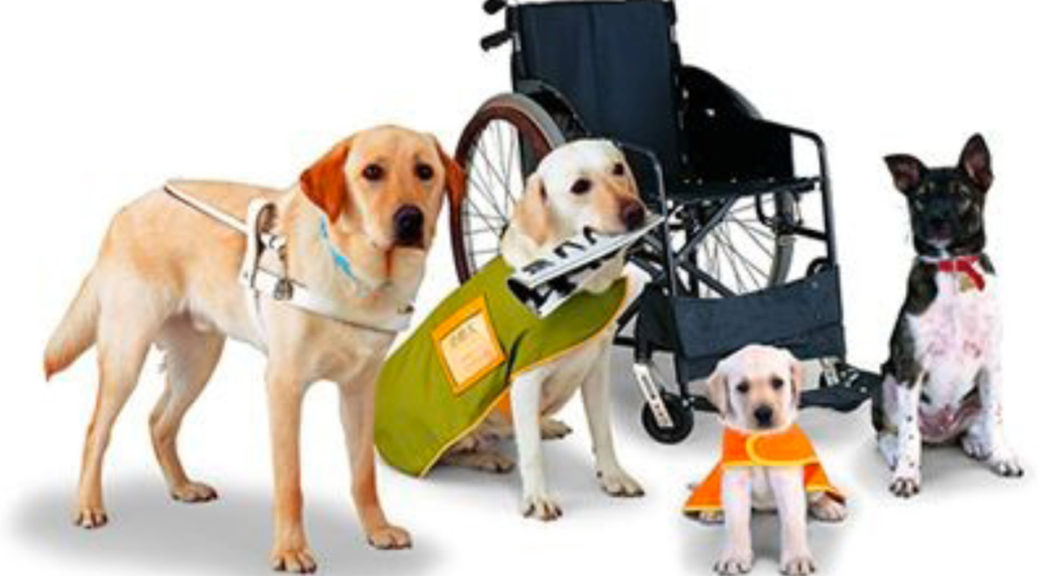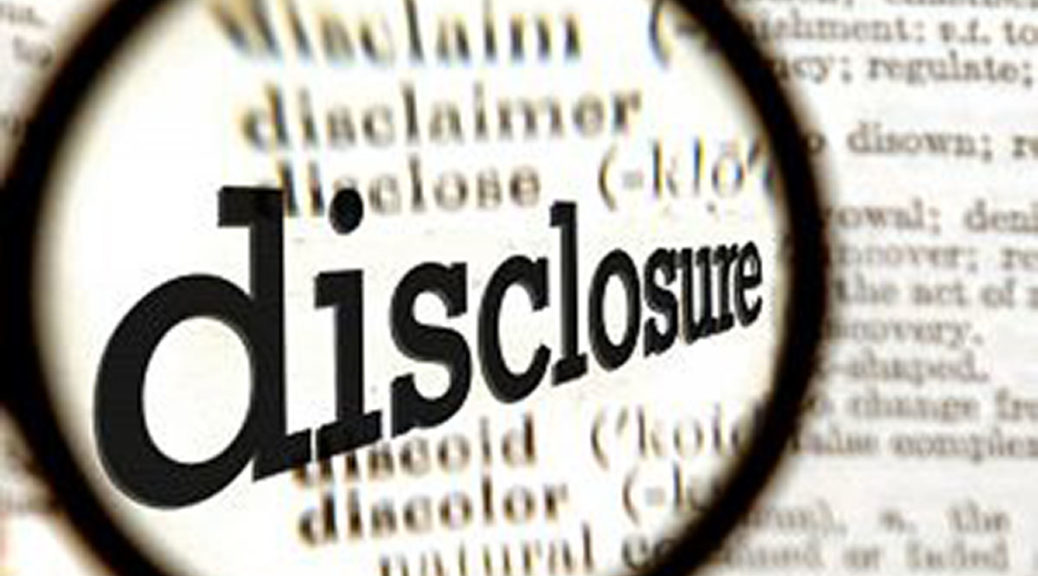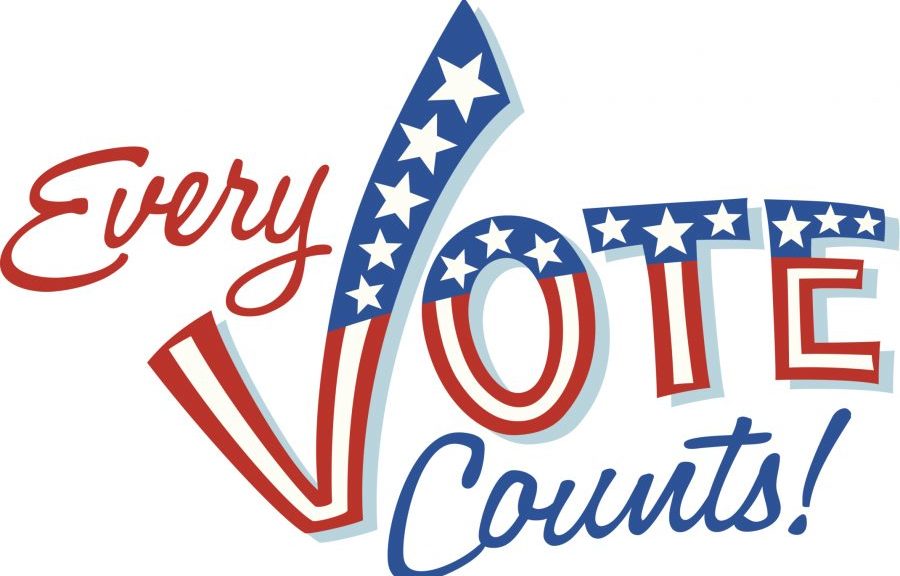
Would require the inspection of any load-bearing components and associated waterproofing elements of the buildings by a licensed inspector. The bill would require the inspections and any repairs to be completed by January 1, 2022, along with subsequent inspections every 5 years. On July 3, 2018, the proposed text of SB 721 was amended to exclude CIDs.
Current Status: Dead
FindHOALaw Quick Summary:
This bill would add Business and Professions Code Section 7071.20 Article 2.2 (commencing with Section 17973) to Chapter 5 of Part 1.5 of Division 13 of the Health & Safety Code to require a property owner to conduct an inspection of decks, balconies, and elevated walkways more than six feet above ground level in a building containing three or more multifamily units by a licensed general contractor, structural pest control licensee, licensed architect, licensed engineer, a certified construction inspector, or building official, or other licensee as approved by the Department of Consumer Affairs. The purpose of the inspection is to verify that all of the balconies and other elevated walking surfaces are in generally safe condition, adequate working order, and free from any hazardous dry rot, fungus, deterioration, decay, or improper alteration to the extent that the life, limb, health, property, safety, or welfare of the public or the occupants is not endangered. The bill would require the inspections and any necessary repairs to be completed by January 1, 2024, and would require subsequent inspections every 5 years.
The bill would require a copy of the initial inspection report that states the condition of the building features and recommendations for repair, along with the final report indicating that all of the required repairs have been completed, to be filed with the county recorder.
Building elements, including the walking surface, structural frame and connector hardware, weatherproofing, landings, stairway systems, guardrails, handrails, and any other elements critical to the safety of the balcony or elevated walking surface, found to be in need of repair or replacement, hazardous, structurally deficient, or noncompliant shall, upon determination by the licensed professional, be immediately corrected by the property owner or individual person or company responsible for management or operation of the building. The property owner must apply for any permits within 60 days of receipt of the inspection report, and the repairs must be completed within 90 days of obtaining the permits. The continued and ongoing maintenance of balconies and elevated walking surfaces and parts thereof, in a safe, and sanitary condition, shall be the responsibility of the property owner or the owner’s designated agent.
The repairs made under these provisions would be required to comply with the latest edition of the California Building Standards Code and all local jurisdictional requirements. The bill would authorize local enforcing agencies to recover enforcement costs associated with these requirements.
Multifamily buildings of three units or more for which a building permit application has been submitted on or after January 1, 2019, are exempt from the inspection certification requirements for a period of five years following issuance of a certificate of occupancy from the local jurisdiction.
**UPDATE: On June 20, 2018, the proposed text of SB 721 was amended to remove Civil Code Section 4776 pertaining to common interest developments.
SEC. 2.Section 4776 is added to the Civil Code, to read:
**UPDATE: On July 3, 2018, the proposed text of SB 721 was amended to exclude CIDs from the proposed Health & Safety Code.
(m) This section shall not apply to a common interest development, as defined in Section 4100 of the Civil Code.
To read the current text of SB 721, click here to the view the bill’s page on the California Legislature’s website. FindHOALaw will continue to track SB 721 as it progresses through the Legislature.
View more info on SB 721
from the California Legislature's website










